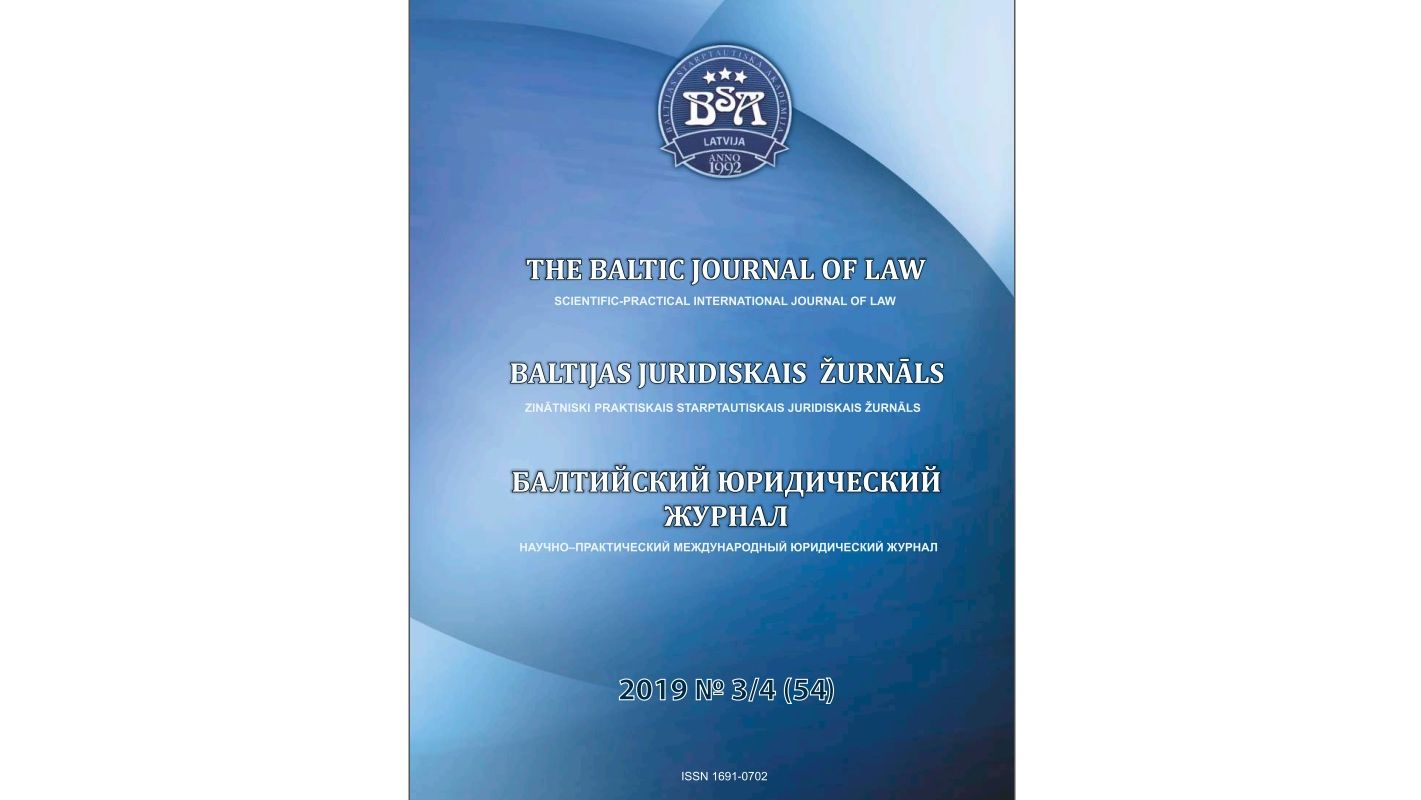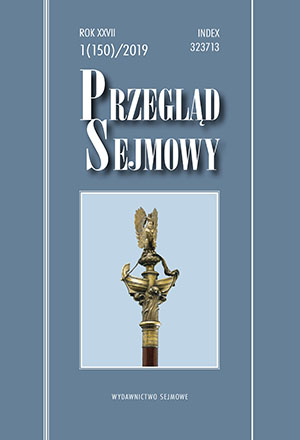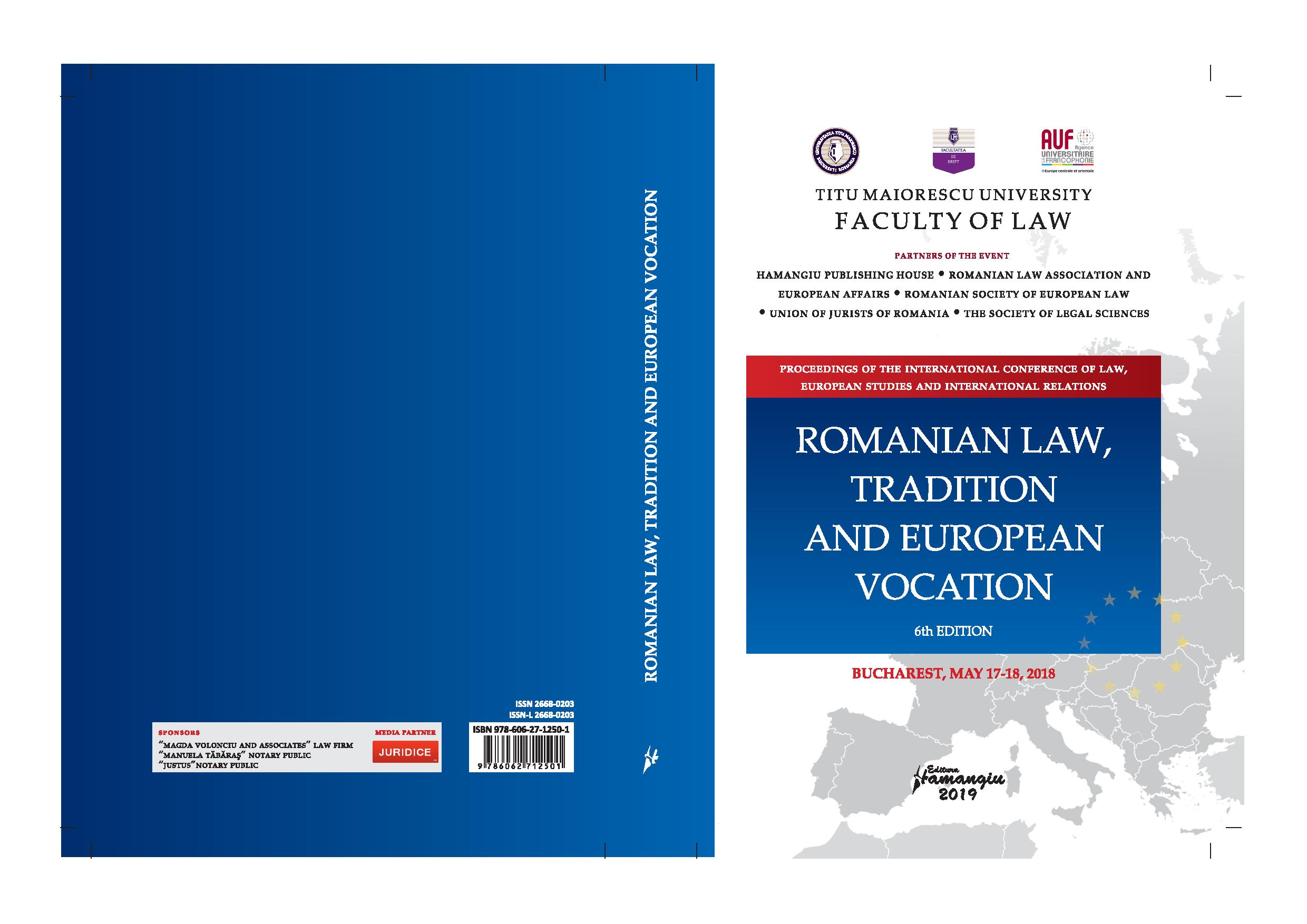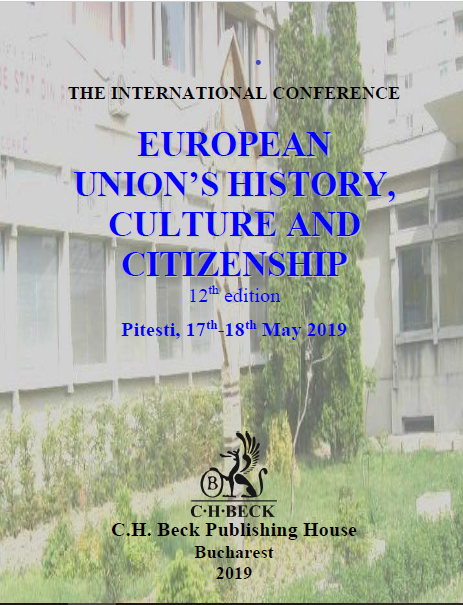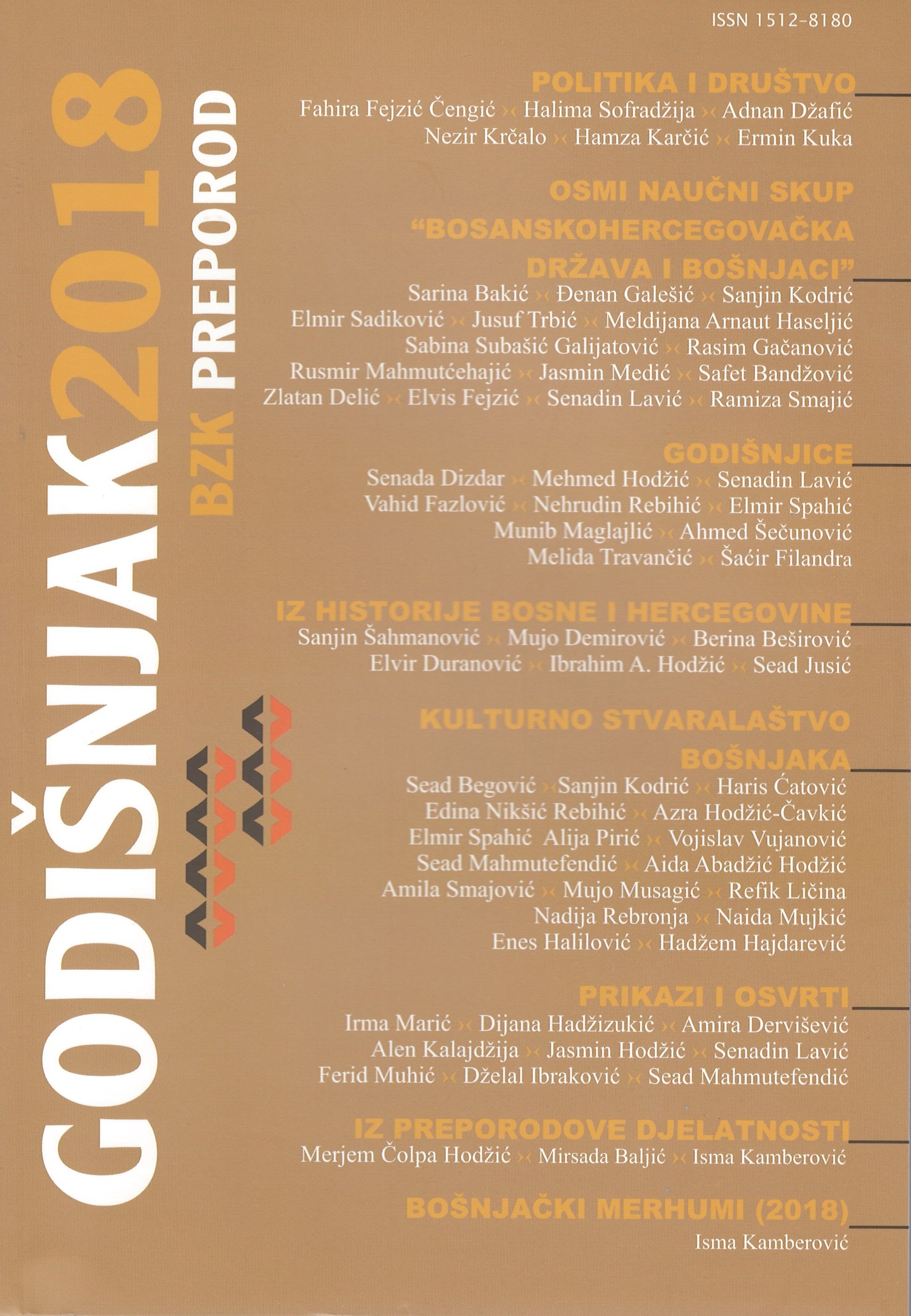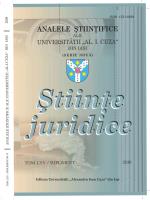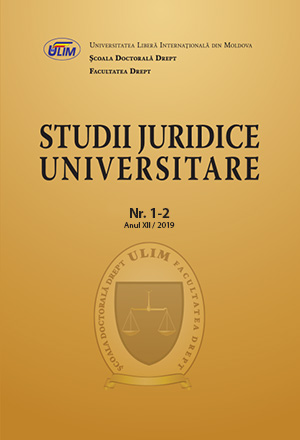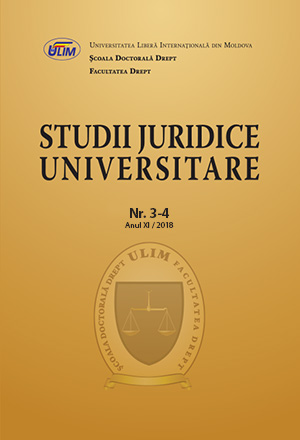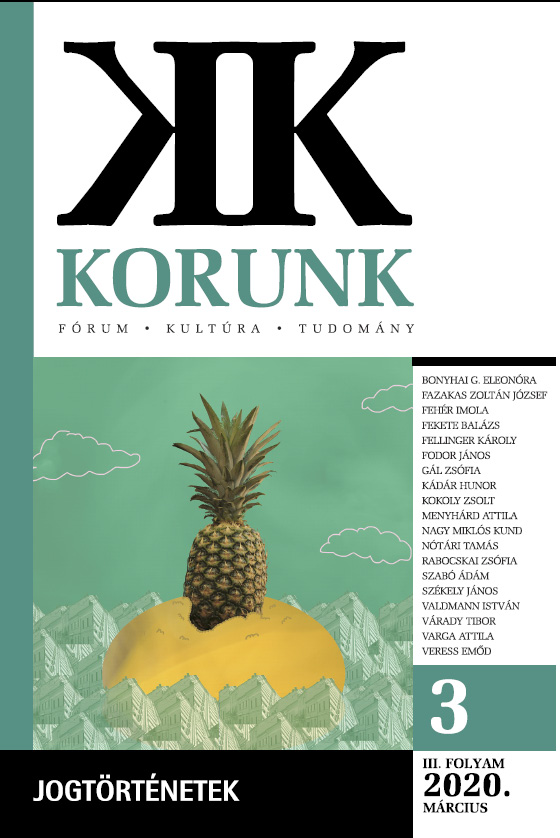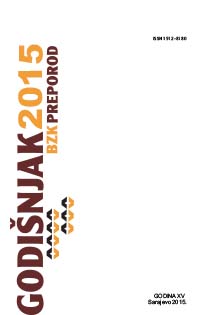
Genocid nad Bošnjacima i njemačko pravosuđe: univerzalna jurisdikcija za genocid
The German judiciary has passed four important judgments regarding the war crimes committed in Bosnia and Herzegovina. The importance of these judgments is the determination of genocide committing in the municipalities of Foča, Kalesija, Doboj and Kotor Varoš in 1992. In this paper we provide a brief overview and analysis of those judgments and the facts that have been established in the trial. Mentioned judgments were confirmed by the higher courts in Germany and in one case even before the European Court of Human Rights.
More...
